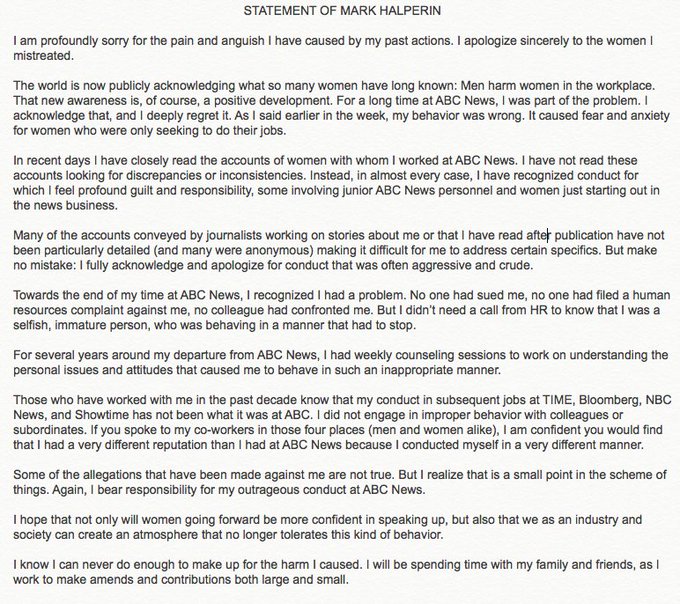Child marriage not good option
2019-11-26

By Rohiman HaroonNovember 23, 2019
WHEN I was a reporter in the mid-80s, I came across a story about a child marriage that did not see the light of day. It was apparently not newsworthy enough to be published by the newspaper (not this daily) I was working for.
It wasn’t within my understanding then that child marriage could have far-reaching effects on young girls.
A 15-year-old girl, a school dropout, was forced into marriage by her father when he could no longer support her and his other children, after his wife deserted him and the family to be with another man.
The man’s former wife suddenly appeared at the syariah court, opposing the marriage application.
A shouting match ensued between the separated couple while the girl was crying inconsolably by the side.
Her husband-to-be, a bloke twice her age, froze in fright.
The woman attacked the husband-to-be, spewing profanities at him and her ex-husband, thus drawing merciless laughter from witnesses that day.
The girl was finally given away in marriage as a second wife to the man after receiving the consent of the syariah court judge and the father, being the wali or legal guardian.
Although the incident was not published as the editors opined that the story was personal and could slander the people involved, I quietly followed up on the plight of the girl.
A year later, a divorce case was filed after the girl’s mother found out she was physically and mentally abused on a regular basis by her husband, mother-in-law and ipar-duai (sisters-in-law).
Over the years, I had come across similar disturbing stories of young brides; the parents felt it was the best option as their children had become sexually active and pregnant.
In some cases, the parents were too poor to support their children.
So they decided to marry them off to some well-endowed middle-aged men.
Attending a wedding reception, I once asked a friend if he’d give away his 18-year-old daughter in marriage.
He quickly retorted: “Hell no, she’s still a child.”
Like many parents these days who don’t see the logic of allowing their daughters into an early marriage, he said: “I want my daughter to finish her studies first, work to earn a living, find her freedom and maybe, find her own soulmate along the way. If she can’t find any, I will find one good, pious boy for her.”
He said he had seen injustices inflicted on girls due to child marriages while living among the Indian and Pakistani community in the suburbs of Manchester, the United Kingdom back in 1980s.
They were abused regularly, both physically and mentally, besides being victims of marital rape.
“They were coerced into early marriages while they were like 16 or 17 years of age although UK law allowed such marriages with parental consent,” he said.
My late mother was given away for marriage to my father when she was 13 years old during the Japanese occupation of Malaya in the 1940s.
My mother once told me she was playing marbles under her attap-roofed house in Penang when my father’s entourage came to ask for her hand in marriage.
Whilst the decision to “force” her into marriage was understandable because of the war and the grave fear among parents those days to marry off their children quickly, I just do not understand why there are still parents these days who agree to the idea of child brides.
According to the Syariah Judiciary Department, from 2013 to June last year, there were 5,823 Muslim child marriages registered in Malaysia, with Sarawak having the highest number at 974, followed by Sabah with 877, and Kelantan with 848.
Child marriages, if they are highlighted in the press, always ignite public interest. And as far as we can see now, there is strong public opposition to child, early and forced marriages.
In July last year, it was reported that a 41-year-old man from Gua Musang married an 11-year-old girl in Thailand.
This was followed by a 44-year-old man marrying a 15-year-old girl in Tumpat in September when he received the consent of the girl’s parents and a syariah court judge.
This prompted the prime minister to issue an order to all state governments on Oct 20 to raise the legal marriageable age to 18 for both Muslims and non-Muslims.
Up to now, only Selangor has amended its enactment on family Islamic law while the Federal Territories are in the process
of amending the marriageable age.
Penang, Sabah, Johor, Melaka and Perak have in principle agreed to amend their respective enactments while Sarawak, Pahang, Terengganu, Perlis, Negri Sembilan, Kedah and Kelantan have not agreed to do so. I’m curious to know why the laws in these states cannot be made uniform with others.
In a study carried out by Universiti Kebangsaan Malaysia last year, researchers pointed out that children who marry tend to have a poor understanding of sexual and reproductive health issues, besides the lack of an effective intervention support system for the parents, “which leaves many of them believing that marriage is the best solution when their children become sexually active or become pregnant”.
The sad thing about us, as the research suggests, is that community norms accept child marriage as an option. When can we start thinking that it is not a good and effective option? Period.
Let’s give some space to our children — let them enjoy their childhood, let them pursue an education to reap valuable knowledge, let them learn life experience as good as it gets. Let them decide when they want to have a soulmate. Isn’t that so difficult to grasp?
C’est la vie.
The writer is a former NST journalist, now a film scriptwriter whose penchant is finding new food haunts in the country







